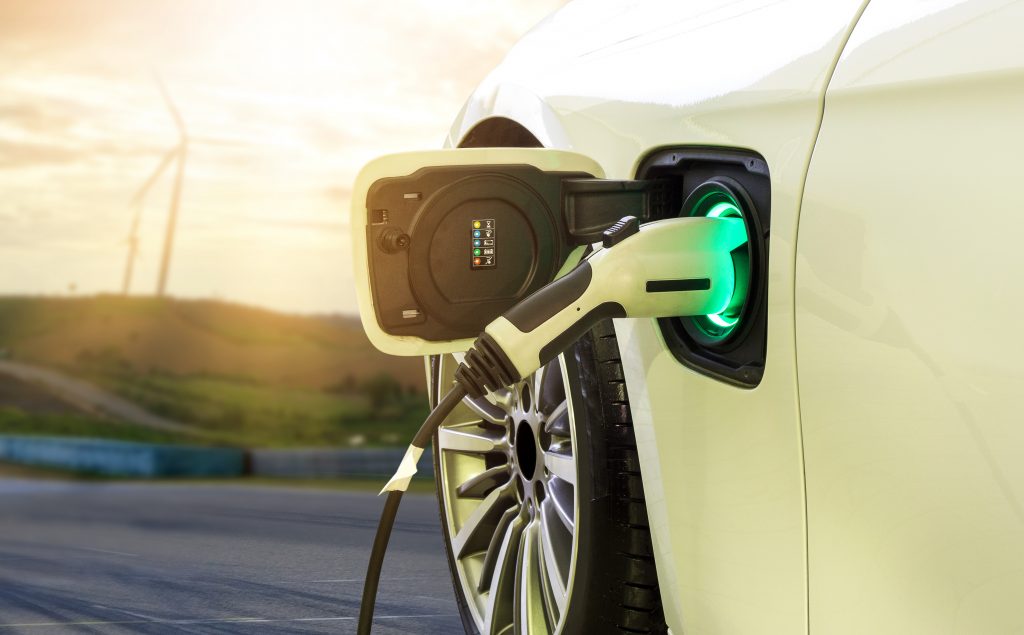
- ARAB NEWS
- 24 Apr 2024

TOKYO: Japan is lagging behind other countries in making electric vehicles the norm, despite the government’s goal of phasing out gasoline-only vehicles.
Electric vehicles are apparently regarded as not easily accessible for Japanese consumers for a number of reasons–a lack of charging stations, expensiveness and some functional challenges.
Still, shifting to electric vehicles is necessary for Japan to achieve its decarbonization target, and domestic automakers are rolling out new non-gasoline models in a bid to stimulate demand.
Last year, the government hammered out a plan to stop selling new gasoline-only vehicles by the mid-2030s, meaning that new vehicle sales will be limited to zero-emission electric and fuel cell vehicles as well as gas-electric hybrid models.
Responding to the government’s call, Nissan Motor Co. will launch the Ariya, a new electric vehicle, this summer. Honda Motor Co. released its first mass-produced electric vehicle, the Honda e, last year, while Toyota Motor Corp. fully revamped its Mirai fuel cell vehicle late last year for the first time in six years.
Among factors hampering the spread of zero-emission vehicles in Japan, most such models cost more than 5 million yen even with the help of subsidies. Also, it takes more than 30 minutes to fully charge an electric vehicle and such vehicles’ cruising ranges need to be extended further.
As for fuel cell vehicles, there are only about 140 hydrogen charging stations in the country, far fewer than some 30,000 for gas stations.
Under these circumstances, Japanese automakers are devoting their efforts to the development of hybrid and plug-in hybrid vehicles. Honda launched a new hybrid version of the Fit compact last year, while Mitsubishi Motors Corp. has released the Eclipse Cross compact SUV with the addition of plug-in hybrid versions to the lineup.
Hybrid vehicles, however, are not a silver bullet for decarbonization. They are fuel-efficient, but not zero-emission models.
In 2020, sales of electric vehicles in Japan came to slightly below 15,000 units, representing less than 1 percent of overall new vehicle sales in the country, compared with about 7 percent in Germany and some 5 percent in China.
“A foundation for the promotion of electric vehicles hasn’t been in place yet in Japan,” an official at a major automaker said.
JIJI Press